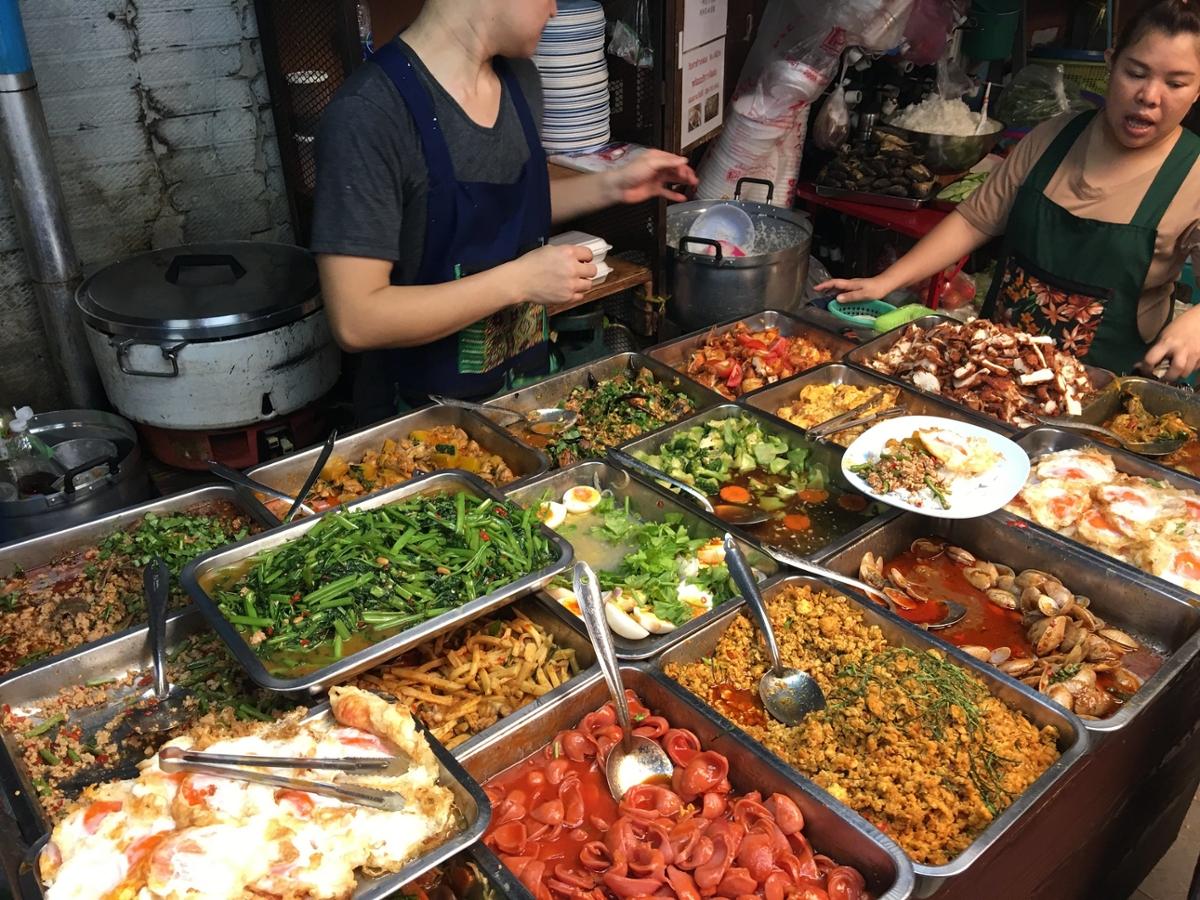D: Yaël, have you ever wondered why some cuisines, like Indian and Thai, are so spicy and others, like English, are so bland?
Y: Hmm! let's see. India and Thailand are very hot countries, while England is cold and damp. So does the answer have something to do with the climate associated with each cuisine?
D: It sure does.
Y: But why would you want to eat spicy food when it's hot outside? Does it cool you off by making you sweat more?
D: While that's an interesting theory, here are a couple of better ones. The first one is that spices mask spoilage, and in a country with a hot climate and without refrigeration, that can come in handy.
Y: Yuck. What's the second theory?
D: Well, some scientists suggest that the spices in hot cuisines help protect humans from certain kinds of bacteria found in food. In fact, the hotter the country, the more likely it is that its recipes will use the kind of spices that slow down the growth of bacteria.
Y: You mean some spices can slow down the growth of bacteria?
D: That's right. For example, onion, garlic, oregano, and allspice alone all kill or inhibit up to twenty-nine different kinds food-borne bacteria. In fact, most spices inhibit bacteria to some extent. And if you think about it, this makes sense. As plants evolved, they had to learn to fight off parasites and bacteria in order to survive. That's how they got their distinctive flavoring in the first place.
Y: All this talk is making me hungry. Let's go get something to eat.
D: Okay, right after the credits.









